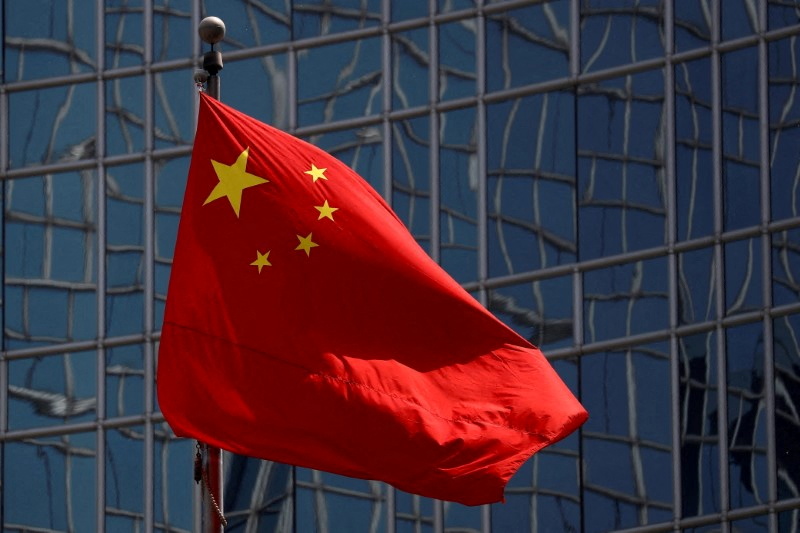Over the last few decades, China’s power and influence have grown remarkably quickly. The largest country in Asia is now one of the world’s biggest superpowers, and its influence has extended across the continent and into new territories as the Chinese government looks to cement its power for the future. According to a recent report released by Reporters Without Borders, China has started investing in foreign media to deter criticism and spread propaganda.
According to the research, “China’s Pursuit of a New World Media Order”, Beijing is spreading its worldview through several techniques, including increased international broadcasting, huge advertising campaigns, and infiltration of foreign media outlets.
China has recently opened laws across the country to give its people more freedom. However, there are still many restrictions in place, including against online gambling. Despite this, Chinese citizens can get online and place sports bets and wagers at online casinos, using trusted online gambling portals such as Asiabet. Interested players can access a wide range of leading casinos and sportsbooks through the site as well as information regarding the legality of the recommended operators, safety, and strategy before joining up, making it easier for players to understand what they’re getting into.
Why Is Chine Looking to Control Foreign Media?
The Chinese government is spending up to $1.3 billion a year to boost Chinese media’s global reach. Chinese state-run television and radio shows have been able to dramatically expand their foreign reach in recent years because of this financing. China Radio International is now transmitted in 65 languages, while China Global Television Network is distributed across 140 countries.
Considering the current global geopolitical climate, this looks to be a smart move, as it allows China to present itself how it wants to be seen to a global audience. In recent years, China has gained media attention across the West for its influence on North Korea, its expansion into the South China Sea, and its treatment of the minority Uighurs within its own country.
How Is China Influencing Foreign Media?
The Chinese government has recently increased spending on advertisements in Western newspapers and publishing sites to promote Chinese viewpoints. Advertising dollars have enticed media outlets, which has had a particularly large impact considering news media is currently struggling with profitability. China Daily, a mouthpiece for the Chinese regime, has paid American newspapers 19 million dollars in advertising and printing in the last four years alone, according to US Justice Department records.
China is also aiming to influence and control foreign media outlets by purchasing interests in them, according to the research. The report found that, in many cases, Chinese ownership typically leads to self-censorship, and journalists have lost their jobs in the past for publishing negative articles about the country.
For example, Reporters Without Borders claim that a journalist for South Africa’s Independent Online, which has a 20% investment in Chinese investors, had his column stopped in September 2018. This came just hours after a column about China’s mistreatment of ethnic minorities was published.
Reporters Without Borders has also claimed that, in addition to buying shares in media firms, Beijing has impacted foreign media by inviting journalists from developing nations to China for training. According to the report, China invited several Zambian journalists to a specially designed event named the 2018 Zambia Media Think Tank Seminar.
What Does This Mean for the Future of Western Media?
China has long had a lack of press freedom, with the country ranked 177 out of 180 countries on the World Press Freedom Index in 2021. It looks like the country is using domestic tactics used to control media narratives and bring them to the wider world, allowing it to control what people say about the country and regime in other countries too. By silencing and pressing foreign journalists and news stories, the Chinese government is damaging the trust that people place in the media.
Some people feel that this report is likely to be the tip of the iceberg. It could be that the influence from the Chinese government is even greater than previously expected. While a lot of foreign governments will often have an impact on media in other countries to control a narrative, this is on a scale never seen before.
Despite this, there are many journalists around the world who refuse to be influenced and still work hard to preserve the integrity of journalism. Reporters Without Borders will continue to document and report on the extent of China’s influence on foreign media.
Related

























